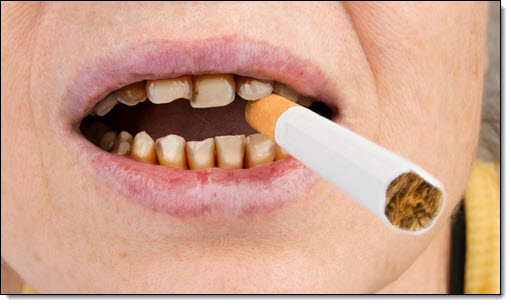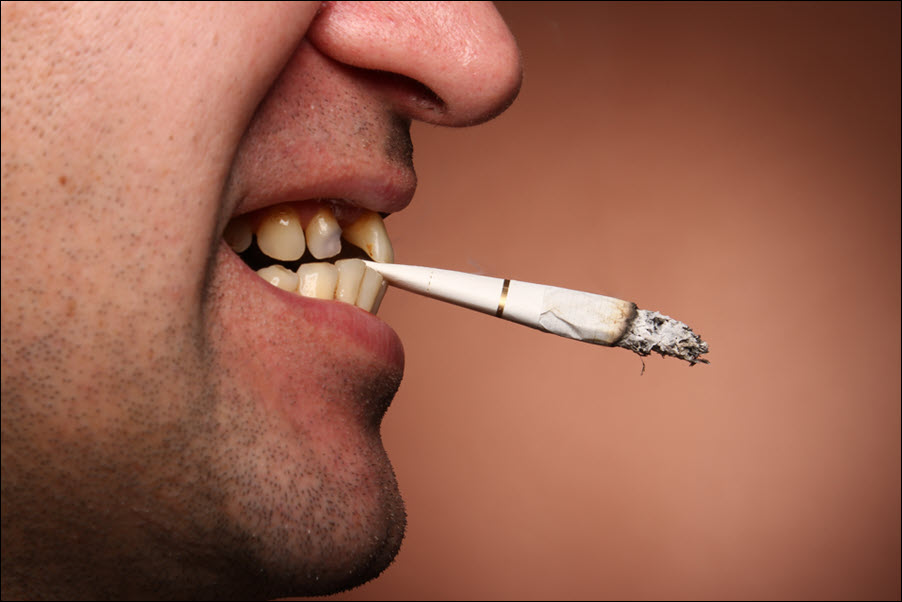Smoking damages nearly every aspect of oral health. Beyond staining teeth and increasing disease risk, it directly causes persistent bad breath. The chemicals in tobacco leave long-lasting odors while harming gums and reducing saliva flow. Understanding how smoking affects both breath and oral tissues motivates many patients to consider quitting.
Immediate Impact on Breath
 Tobacco smoke coats the mouth with tar and nicotine. These substances cling to the tongue, teeth, and soft tissues, creating odors that brushing cannot fully remove. Even after smoking stops, chemicals linger in the lungs, resurfacing with every exhale. This makes smokers’ breath persistently stale, often noticeable to others long after a cigarette. It stains teeth and can make it necessary to undergo teeth whitening to restore a healthy smile.
Tobacco smoke coats the mouth with tar and nicotine. These substances cling to the tongue, teeth, and soft tissues, creating odors that brushing cannot fully remove. Even after smoking stops, chemicals linger in the lungs, resurfacing with every exhale. This makes smokers’ breath persistently stale, often noticeable to others long after a cigarette. It stains teeth and can make it necessary to undergo teeth whitening to restore a healthy smile.
Effects on Oral Tissues
Smoking reduces blood flow in the gums, limiting the body’s ability to fight infection. This contributes to gum disease, which produces strong odors. It also slows healing, increasing the risk of lingering mouth sores. Stained teeth and a coated tongue further trap odor-causing bacteria. Combined, these factors create an environment where halitosis thrives despite daily hygiene routines.
Long-Term Health Risks
 Beyond halitosis, smoking increases the risk of oral cancer, tooth loss, and advanced gum disease. These conditions carry both health consequences and strong odors. Patients may notice worsening breath as disease progresses. Dentists often identify early warning signs during exams, giving patients an opportunity to intervene before problems escalate.
Beyond halitosis, smoking increases the risk of oral cancer, tooth loss, and advanced gum disease. These conditions carry both health consequences and strong odors. Patients may notice worsening breath as disease progresses. Dentists often identify early warning signs during exams, giving patients an opportunity to intervene before problems escalate.
Steps to Improve Breath
The most effective solution is quitting smoking. Nicotine replacement, support groups, and counseling help many succeed. In the meantime, patients should maintain rigorous oral hygiene, use antimicrobial rinses, and schedule regular dental visits. Professional cleanings reduce plaque and odor-causing bacteria, improving breath even for current smokers.
Smoking leaves lasting effects on both breath and oral health. Persistent halitosis, gum disease, and increased cancer risk all stem from tobacco use. Quitting remains the best way to restore freshness and protect long-term health.




